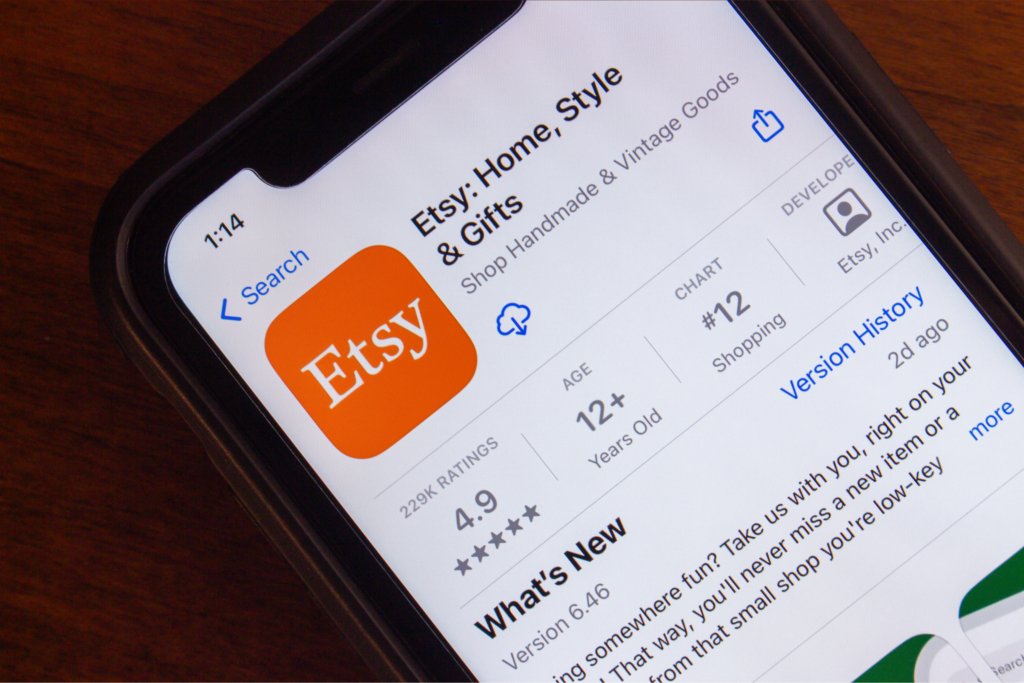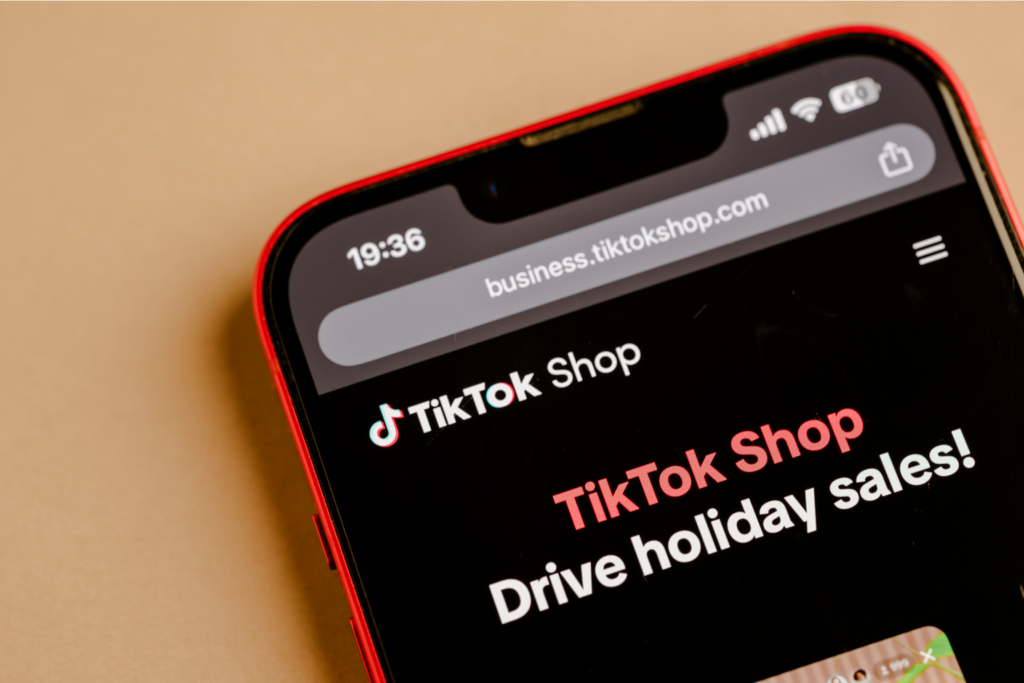Turn passion into profit with Printify
AI is quickly becoming a game-changer for entrepreneurs. From automating daily tasks to improving customer service and cutting costs, it’s reshaping how small businesses operate.
This article explores how AI for small businesses is changing everyday workflows, which tools are worth trying, and how you can start using them in your own enterprise – no tech background needed.
This post may contain affiliate links, which means we may earn a commission if you make a purchase through those links. This comes at no additional cost to you.
Key takeaways
- AI is accessible and practical for small businesses, helping automate assignments, improve decision-making, and reduce costs.
- Businesses of all sizes can use AI tools like Jasper, Tidio, and Zapier to streamline workflows, answer customer questions, and maximize productivity.
- Generative AI helps create content quickly, from product descriptions to ad creatives. It supports growth without needing extra staff or time.
- Artificial intelligence for small businesses delivers better customer experiences via chatbots and personalized messaging help, with faster answers to customer needs.
- Getting started with AI doesn’t require a tech background. Many AI-powered tools are easy to use, affordable, and designed with small business owners in mind.
What is AI, and why should it matter for small businesses?

Artificial intelligence (AI) refers to using machines and software to replicate human intelligence. This includes being more efficient, learning from data, solving problems, recognizing patterns, and making decisions. Unlike traditional tools, AI technology adapts and improves with time and more data.
For small businesses, this matters more than ever. Why? Because AI levels the playing field. With the right AI tools, even the smallest company can:
- Deliver personalized experiences
- Automate time-consuming tasks
- Make smarter decisions based on real-time data
- Reduce costs while being more efficient
Simply put: AI can help small business owners focus more on growing their business and less on repetitive tasks.
Benefits of AI for small business owners
Still wondering if adopting AI is worth it? Here are some clear, practical benefits:
1. Save time and money
AI automates duties like data entry, inventory management, scheduling, and even answering common customer questions. This leads to reduced costs, better use of resources, and frees up time for you to focus on other tasks.
2. Improve customer service

With AI-powered chatbots and support tools, you can answer questions, resolve customer issues, and deliver personalized responses anytime. This creates better customer experiences without requiring 24/7 staffing.
3. Enhance decision-making
AI tools can analyze complex data systems to uncover trends, find solutions, and lead to smarter decisions. Whether you’re testing ad campaigns or planning your product line, AI offers deeper insights than traditional spreadsheets ever could.
4. Drive marketing success
From email automation to social media scheduling and ad targeting, AI tools can help you generate more leads at a lower cost.
5. Support growth
As your business grows, your systems need to scale. AI can help manage that growth with tools for managing inventory, automating tasks, and smarter communications.
6. Boost efficiency and accuracy
AI improves efficiency and enhances bottom lines by handling complex tasks quickly and accurately – no more human error in manual calculations or form-filling.
Check out our blog and learn how to use AI to make money.
Real-life examples of AI in small businesses
AI is already transforming how small businesses work across industries, budgets, and experience levels. These real-world examples show how small businesses use artificial intelligence to increase efficiency, improve customer service, and stay competitive.
1. Amarra: Enhancing eCommerce operations with AI

Amarra, a New Jersey-based formalwear distributor, integrated AI into its operations to improve efficiency and customer service. By using ChatGPT for product descriptions, they reduced content creation time by 60%. Additionally, their AI-powered inventory management system decreased overstocking by 40%, and chatbots now handle 70% of customer inquiries.
Explore more about Chat GPT prompts on our blog.
2. 3 Men Movers: Improving safety and efficiency in logistics
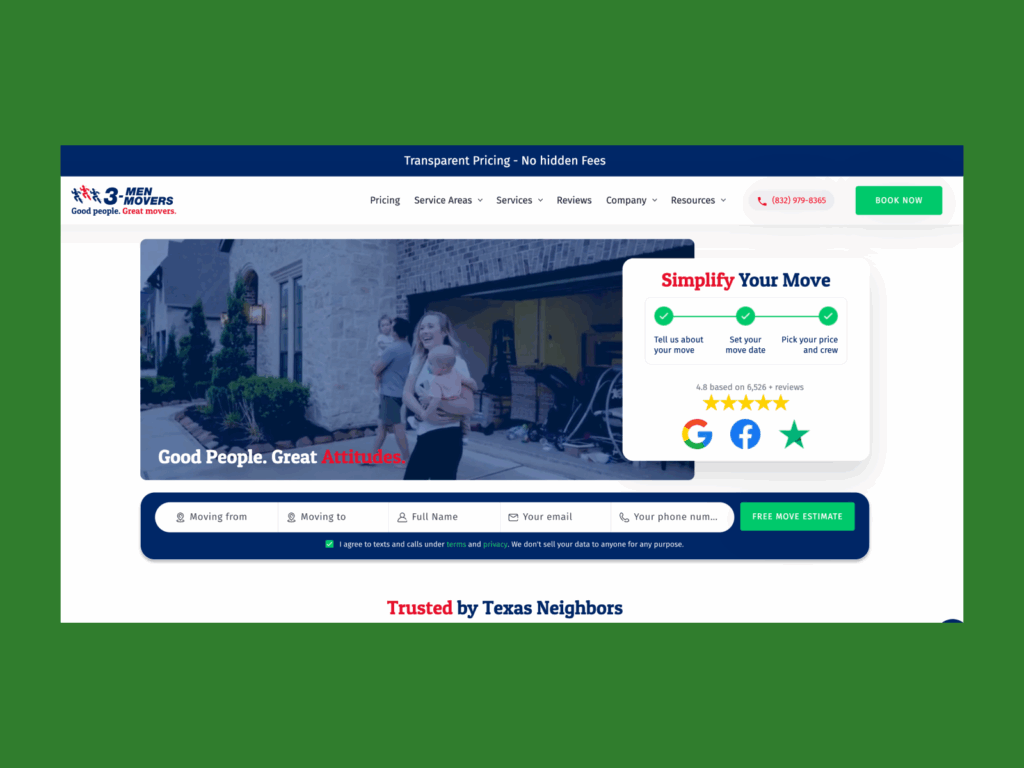
Texas-based moving company 3 Men Movers adopted AI technologies to enhance safety and operational efficiency. AI-driven cameras detect distracted driving, achieving a 91% accuracy rate, while advanced routing software optimizes delivery routes, leading to a 4.5% reduction in accidents within three months.
3. Happy & Glorious: Streamlining marketing efforts with AI

Kate Tompsett, owner of the UK-based gift shop Happy & Glorious, uses ChatGPT to assist in writing product descriptions and blog posts. This AI tool helps overcome writer’s block and maintains her brand’s authentic voice, enhancing marketing efficiency without additional staffing.
4. Notice Ninja: Automating compliance with AI
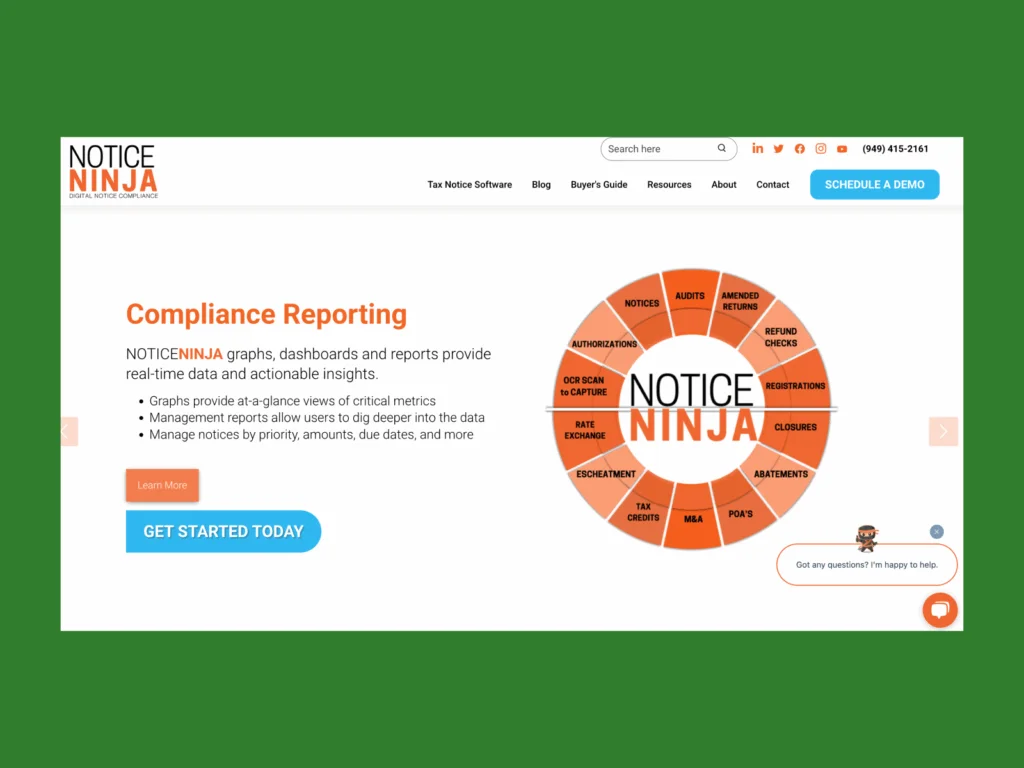
Phoenix-based compliance firm Notice Ninja developed an AI-powered platform to automate the processing of tax notices. The system scans and captures data from notices, routing them to the appropriate departments – increasing efficiency and reducing manual errors.
5. Afiniti: Providing AI CFO services to small businesses

Afiniti started by delivering AI-driven financial management tools tailored for small and medium-sized businesses (SMBs), but now serves major clients from Accenture to AT&T. Their AI agents handle various financial operations – banking, analytics, and more – giving SMBs easy, efficient control over their finances.
Best AI tools for small business owners
Artificial intelligence isn’t just for big companies anymore. Today, small business owners can access powerful and affordable AI tools that help improve customer service, automate tasks, reduce operational costs, and streamline everyday work.
Whether you’re marketing your products, supporting customers, or analyzing data, there’s an AI-powered solution to help you grow more efficiently.
For marketing
AI marketing tools help small businesses create engaging content, analyze performance, and target the right audience. These tools use machine learning and large datasets to optimize campaigns, generate social media posts, and even write high-converting product descriptions.

- Jasper – AI-powered content creation for blogs, ads, and email marketing. Great for small business owners who want to generate persuasive copy quickly.
- Copy.ai – Create product descriptions, email sequences, or social media captions in seconds with this generative AI tool.
- Surfer SEO – Combines AI with keyword data to help your content rank better in search engines.
- AdCreative.ai – Generates high-performing ad creatives and banners using AI, improving click-through rates and ad ROI.
For customer support
AI can significantly improve customer experiences by providing instant replies, automating help desk interactions, and resolving common questions 24/7. AI-powered chatbots and virtual assistants help reduce pressure on your team and deliver personalized support at scale.

- Tidio – A live chat and AI chatbot solution designed for small businesses. It uses AI to answer common customer questions and manage support tickets.
- Zendesk AI – Offers AI-powered ticketing, automated responses, and customer intent detection.
- Freshchat by Freshworks – Automates customer communications across channels and uses AI to route customer issues to the right agent.
For product research and planning
AI can help small businesses analyze trends, find solutions faster, and make better decisions based on real-time data. These tools help uncover what customers want, identify product gaps, and manage inventory more efficiently.
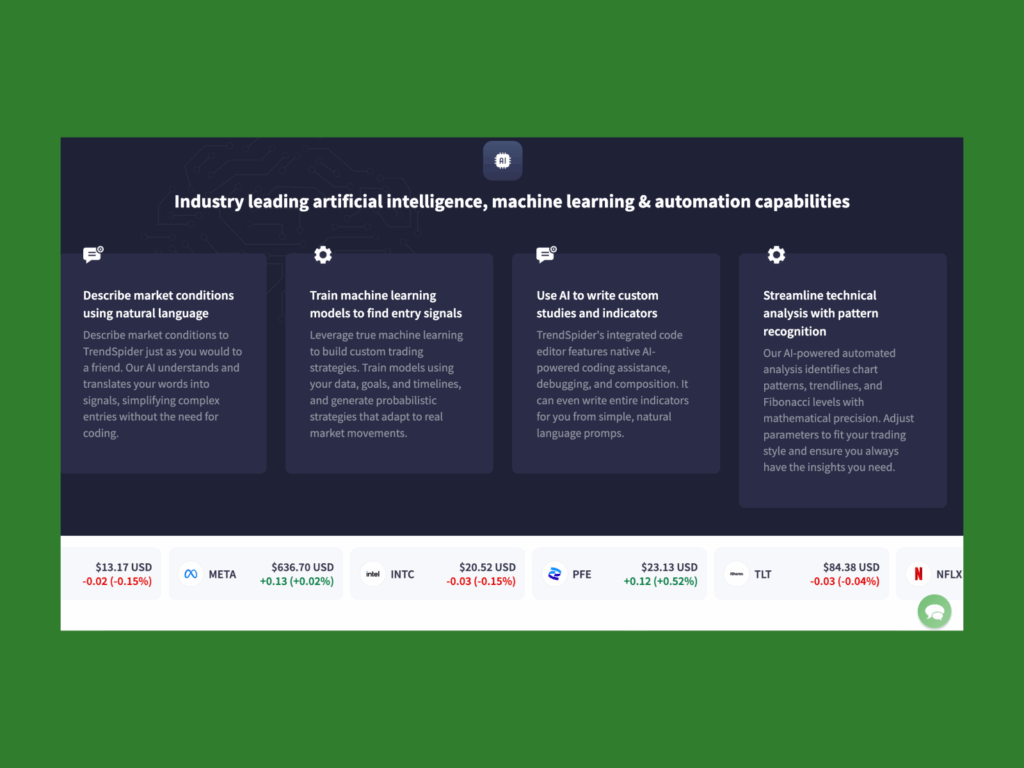
- Exploding Topics – Uses AI to detect emerging product trends before they go mainstream.
- TrendSpider – Offers AI-assisted technical analysis and market insights for eCommerce and product research.
- Shopify’s AI Reports – Built-in analytics that use AI to help business owners plan inventory and understand customer behavior.
- Google Trends – Not purely AI, but still powered by machine learning, and a great free tool to identify search interest and seasonality.
For automation and workflows
AI-powered software can automate repetitive tasks like data entry, order management, content scheduling, and customer follow-ups. This allows you to focus more on growth, creativity, and client needs instead of manual processes.
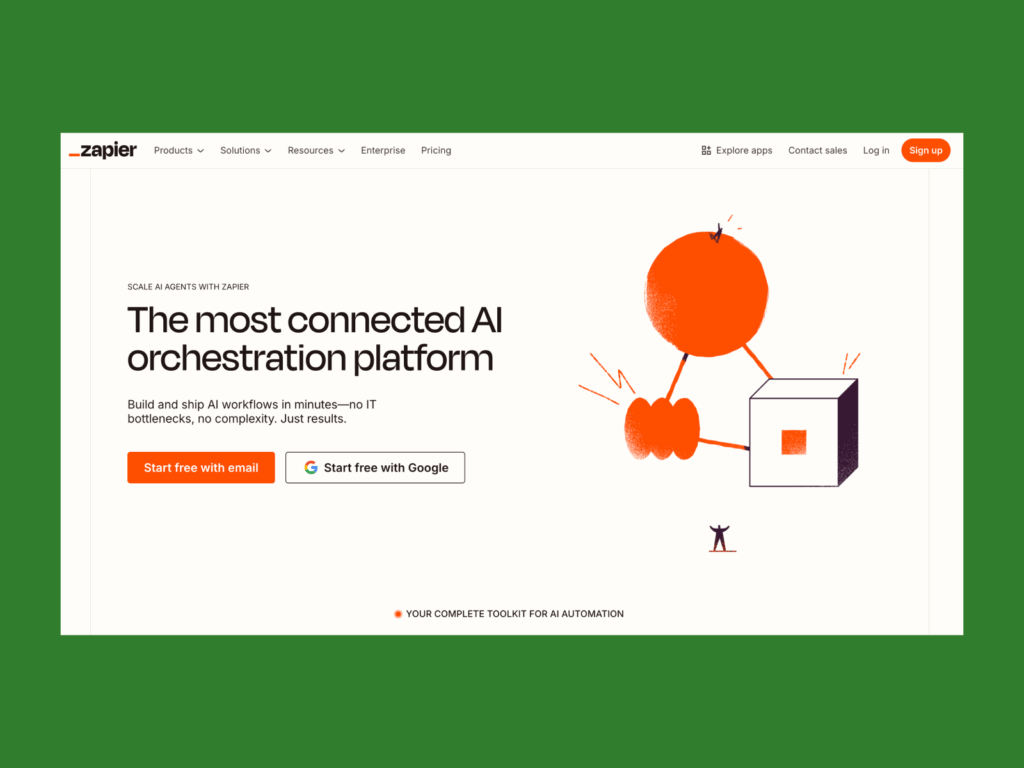
- Zapier – Connects your apps and automates workflows without coding. Perfect for automating emails, customer updates, or syncing orders between platforms.
- Make – A flexible automation tool that allows you to create more complex workflows than Zapier, especially useful for eCommerce.
- Notion AI – Helps small businesses automate note-taking, project planning, and brainstorming.
- Microsoft Power Automate – An AI-powered automation platform with deep integration into Microsoft tools and services.
Image generators: Creative freedom with responsibility
Image creation is one of the fastest-growing uses of generative AI among small businesses. Entrepreneurs are using AI to create marketing visuals, product mockups, and even digital artwork for sale. However, not all tools are equal, and not all outputs are safe to use commercially.
- Midjourney is popular among Etsy sellers, digital artists, and print-on-demand creators for generating unique visuals and concepts. However, it’s trained on a broad, web-scraped dataset that may include copyrighted material. Its outputs should be used carefully and never assumed to be automatically license-safe.
- Printify’s Image Generator allows merchants to create product designs directly within the platform. It’s optimized for commercial use within Printify’s ecosystem, but verifying originality is still good practice, especially if reselling designs elsewhere.
- Adobe Firefly stands out as the safest option for small businesses. Adobe uses a dataset of Adobe Stock, openly licensed content, and public domain material, making it relatively reliable for commercial projects.
Best practices when using AI-generated images:
AI-generated content relies on massive training datasets, sometimes including copyrighted or proprietary work. That’s why small businesses have to use image generators responsibly:
- Always read each tool’s terms of use and licensing rules.
- Avoid relying solely on AI for final assets intended for resale.
Run a reverse image search on platforms like Google Images, TinEye, or Berify to check for lookalikes or potential copyright conflicts before publishing or selling.
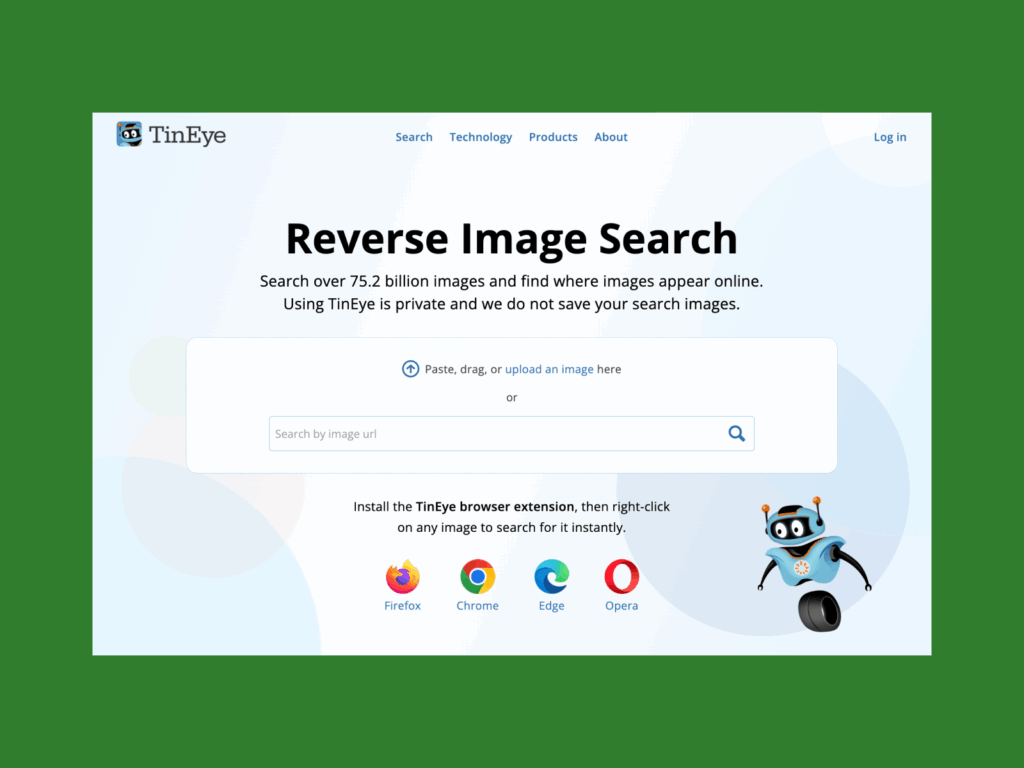
Check our blog for more AI solutions for eCommerce.
Challenges and limitations of AI in small businesses
While AI offers powerful tools and resources, it’s not without its challenges, especially for small business owners juggling multiple roles.
1. Cost and learning curve
Even though many AI tools offer free plans or affordable pricing, advanced features can be costly. For small businesses on a budget, evaluating the return on investment is critical. Plus, understanding how to properly use AI-powered tools can take time, especially for non-technical users.
2. Ethical concerns and data privacy
AI technology relies on large amounts of information, some of which may include sensitive data like customer contact details or purchase history. Businesses must ensure they’re handling data responsibly and in compliance with privacy laws like GDPR or CCPA, as well as avoiding data breaches. Ethical concerns around bias in AI algorithms are also worth considering.
3. Risk of overdependence
AI can streamline many complex tasks, but it doesn’t replace human intelligence or emotional nuance. Businesses that rely too heavily on AI risk losing their personal touch, especially in areas like customer service or brand storytelling.
4. System limitations and inaccuracies
AI tools are only as good as the data they’re trained on. Sometimes, they can misinterpret requests, deliver generic results, or provide outdated information. These complex systems still need human oversight to ensure accuracy and relevance.
How to start using AI in your print-on-demand store
Running a print-on-demand store and wondering, “How can AI help my business?” You don’t need a tech background to embrace AI and see results. Here’s how to get started:
1. Identify areas that need support
Are you spending too much time on marketing? Struggling with inventory management or data entry? Start by pinpointing which tasks could benefit from automation or insights.
2. Pick the right AI tools
Choose AI solutions that fit your current business stage. For marketing, try Copy.ai or Jasper. For support, consider Tidio. For product research, use Exploding Topics or Google Trends to find solutions that align with your niche.
3. Use AI to deliver personalized customer experiences
Integrate AI chatbots or email tools that deliver personalized offers and respond to customer needs in real time. This boosts engagement and helps answer questions faster.
4. Automate your workflows
Use Zapier or Make to connect your eCommerce platforms with fulfillment providers and email tools. This helps reduce operational costs and frees up time to concentrate on your brand.
5. Keep testing and improving
Track your AI usage and monitor what’s working. AI evolves fast, so stay curious, keep learning, and don’t be afraid to adjust your tools or strategies.
Small business entrepreneurs can embrace AI without being tech experts. Many platforms now come with built-in AI, giving you immediate access to smarter tools that lower costs and improve performance.
FAQ: How to use AI (for small business owners)
AI can help small businesses in many ways, from automating marketing and support to improving data analysis and streamlining operations. For example, AI can generate product descriptions, answer common questions, optimize inventory, or provide sales insights – all without hiring additional staff.
Start with small wins. Use AI to automate tasks like email responses, social media posts, or customer onboarding. Tools like Zapier, Notion AI, or Tidio allow small businesses to set up workflows that save time and increase efficiency.
Over time, you can build more complex automations across your business operations.
It depends. Many AI-powered tools offer free tiers or starter plans perfect for small businesses, while more advanced features may require monthly subscriptions ranging from $10 to over $100. Overall, the cost savings from increased efficiency, reduced errors, and better decision-making often outweigh the investment.
Final thoughts: Is AI right for your business?
For small businesses, the chance to use AI to increase efficiency, improve customer experiences, and lower costs is already here. The future is now.
It’s not about replacing people. It’s about giving small businesses the power to generate, grow, and compete in a world shaped by technology.
If you’re ready to embrace AI, the tools are here. The benefits are real. And the AI-driven future? It’s yours to shape.






